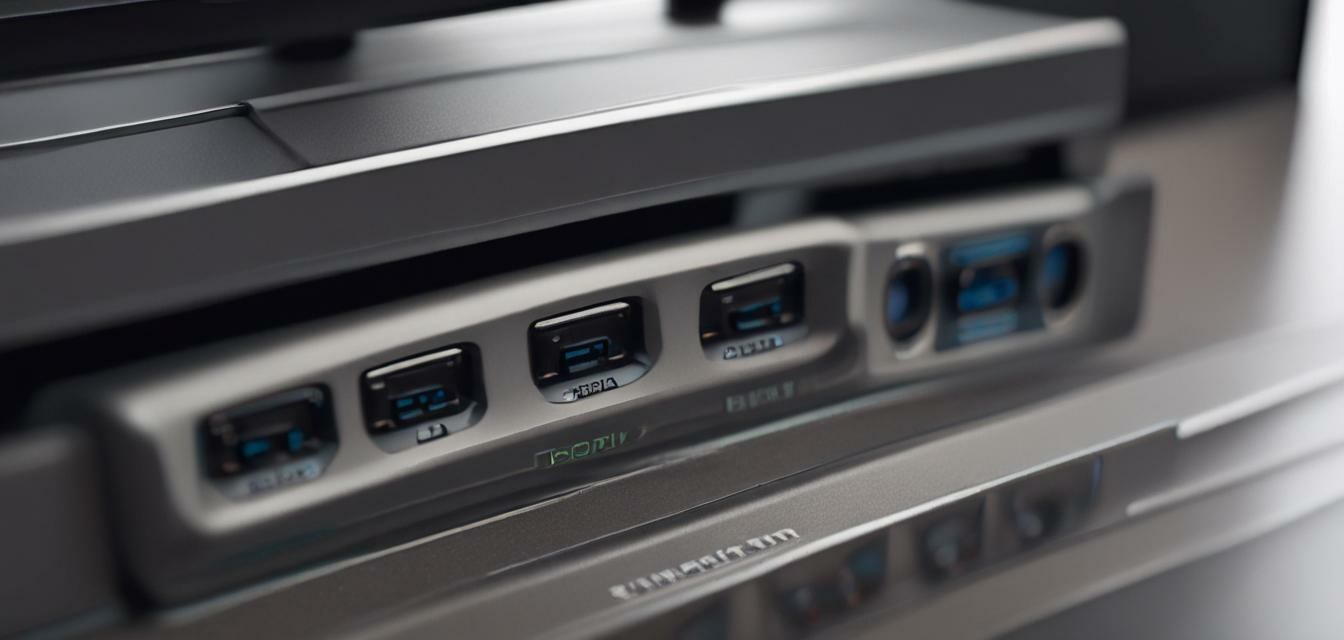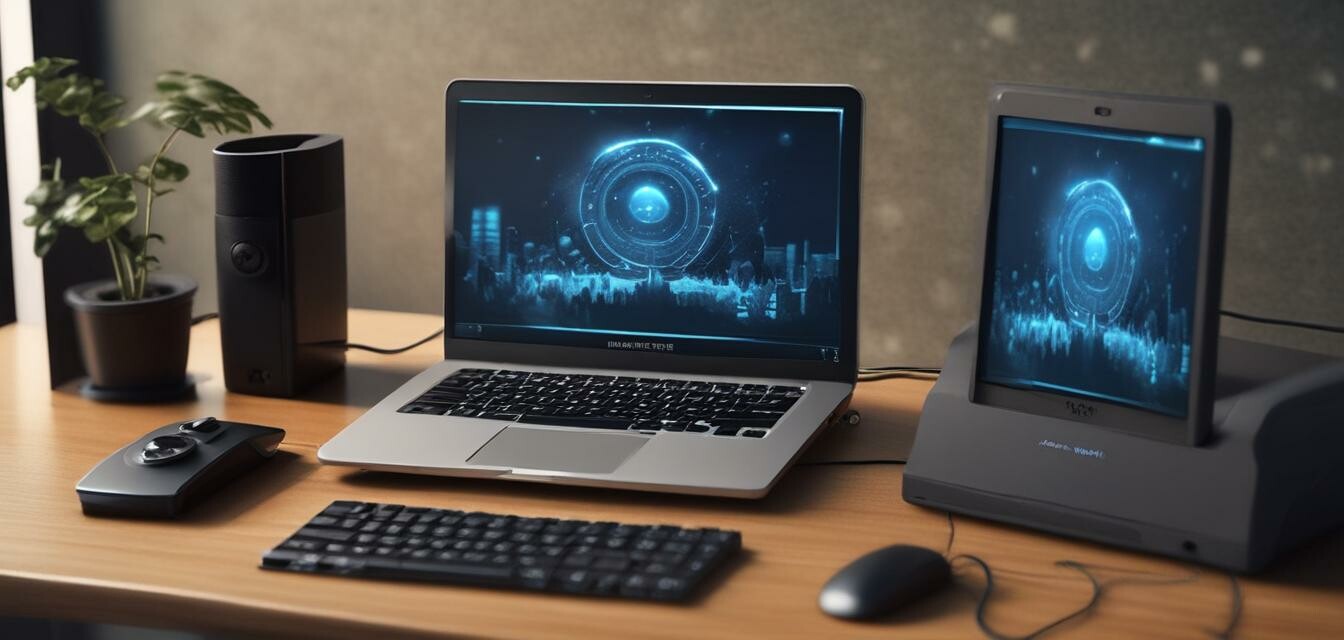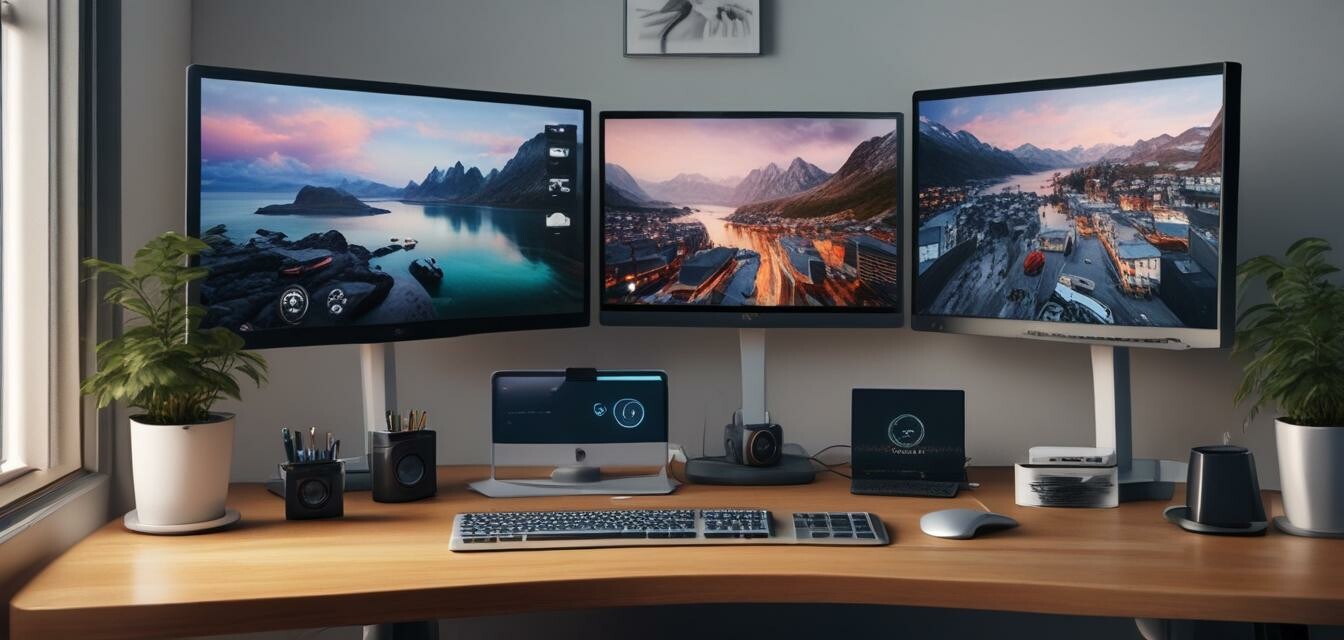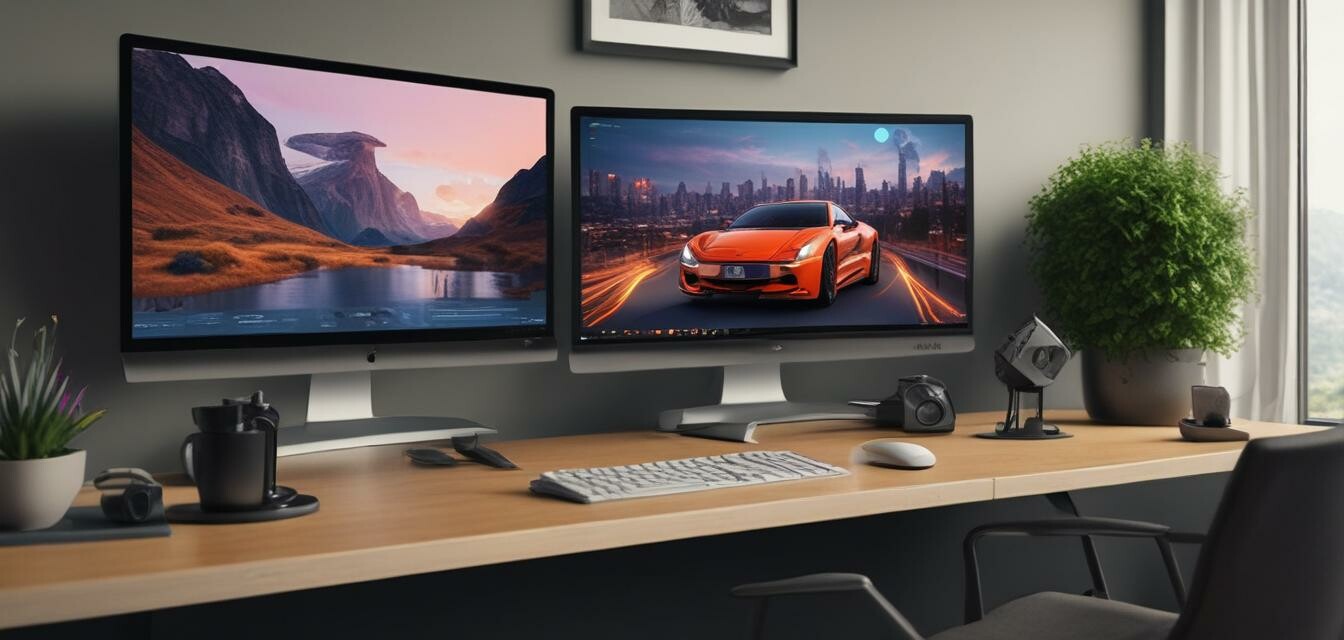
Best Docking Stations for Home Office Efficiency
Are you tired of dealing with cluttered cables and limited workspace in your home office? A docking station can be a game-changer, allowing you to connect multiple devices and accessories with ease. In this article, we'll explore the benefits of docking stations and what to look for when choosing the best one for your home office setup.
Key Takeaways:
- Docking stations can significantly improve home office efficiency and productivity.
- When choosing a docking station, consider the number of devices you need to connect, the type of ports required, and the available desk space.
- Look for docking stations with multiple USB ports, HDMI connections, and a compact design.
What is a Docking Station?
A docking station is a device that allows you to connect multiple devices and accessories to your laptop or computer, freeing up desk space and reducing clutter. It typically features a range of ports, including USB, HDMI, and Ethernet, making it easy to connect devices such as monitors, keyboards, and hard drives.
Benefits of Docking Stations
Docking stations offer several benefits for home office workers, including:
| Benefit | Description |
|---|---|
| Increased Productivity | With a docking station, you can connect multiple devices and accessories, allowing you to work more efficiently and productively. |
| Reduced Clutter | A docking station can help reduce clutter and keep your workspace organized, making it easier to focus on your work. |
| Improved Flexibility | Docking stations often feature multiple ports, allowing you to connect devices and accessories as needed, improving flexibility and convenience. |
Types of Docking Stations
There are several types of docking stations available, including:
- USB-C docking stations: These docking stations use USB-C connections and are ideal for laptops and computers with USB-C ports.
- Thunderbolt docking stations: These docking stations use Thunderbolt connections and offer faster data transfer speeds and higher video resolutions.
- Universal docking stations: These docking stations are compatible with multiple types of devices and operating systems, making them a great option for those who need to connect multiple devices.
What to Look for in a Docking Station
When choosing a docking station, consider the following factors:
| Factor | Description |
|---|---|
| Number of Ports | Consider the number of devices you need to connect and look for a docking station with the necessary ports, such as USB, HDMI, and Ethernet. |
| Type of Ports | Make sure the docking station features the types of ports you need, such as USB-C, Thunderbolt, or HDMI. |
| Compact Design | Look for a docking station with a compact design that won't take up too much desk space. |

Popular Docking Station Brands
Some popular docking station brands include:
Conclusion
A docking station can be a valuable addition to your home office setup, improving efficiency, productivity, and reducing clutter. By considering the factors mentioned above and choosing the right docking station for your needs, you can take your home office to the next level.
Pros
- Improves home office efficiency and productivity
- Reduces clutter and keeps workspace organized
- Offers flexibility and convenience
Cons
- May take up some desk space
- Can be expensive, depending on the brand and features
Beginners Section
- Start by identifying the devices you need to connect to your docking station.
- Consider the available desk space and look for a compact docking station.
- Read reviews and do your research before making a purchase.

By following these tips and considering the factors mentioned above, you can find the perfect docking station for your home office setup and improve your productivity and efficiency.

Remember to check out our docking station reviews for more information and to find the best docking station for your needs.







